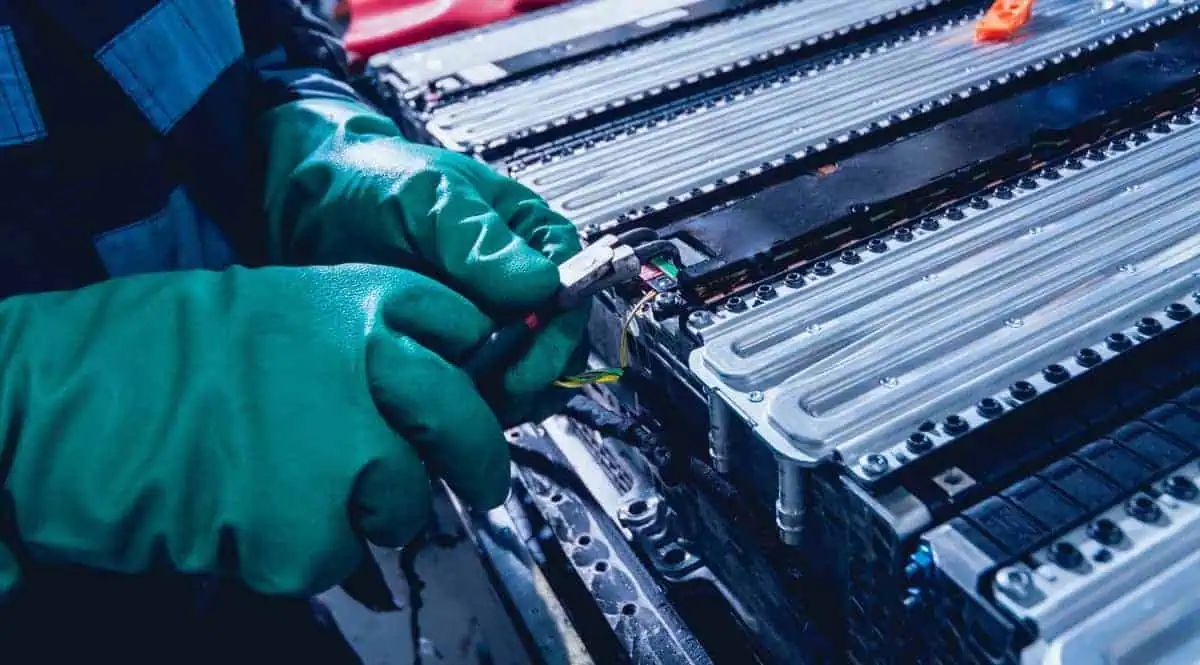American and European companies are hurrying to develop new electric vehicle batteries using two readily available and less expensive materials: sulfur and sodium, according to VOA.
The new batteries could aid bring more EVs to the market and lessen China’s lead in battery production.
Electric vehicles today run on lithium-ion batteries, which cost around $10,000 to $12,000 to produce. They are mostly made with cobalt, lithium, manganese, and nickel. And the materials have increased in price in the last two years.
The batteries under development could cost one-third to two-thirds less. But their promise depends on overcoming challenges in working with the materials. Sodium doesn’t hold as much energy, whereas sulfur can easily damage key parts of a battery.
Still, companies have brought government support and millions of dollars to develop new batteries (sodium-ion or lithium-sulfur.)
Lithium-sulfur batteries
Some firms in Germany, Norway, and the US are developing lithium-sulfur batteries that don’t need the expensive cobalt or nickel. They include Germany’s Theion, Norway’s Morrow, and Lyten and Conamix in the US.
Ulrich Ehmes, the chief executive of Theion in Berlin, Germany, says sulfur is so corrosive that it destroys a battery after 30 charges. However, he added that the company developed a way to protect the lithium-sulfur electrode to last during an EV’s lifespan. An electrode is an element in which electricity flows into or out of a battery or other device.
Ehmes believes lithium-sulfur batteries could hold three times more energy than the most powerful lithium-ion batteries. He states sulfur batteries charge very fast and cut battery costs by two-thirds. Lithium-ion batteries usually keep their power for 160,000 to 320,000 km of driving.
“It’s cheap, it’s high energy density, so it seems to be a no-brainer,” said Ehmes.
He said the company plans to start tests with carmakers in 2024. He expects the first production for EV use by 2027.
Sodium-ion batteries
US-based Amandarry and British company AMTE Power are developing sodium-ion batteries. They don’t need cobalt, nickel, or lithium, the three most expensive battery materials.
Sodium-ion batteries could be useful for EVs that need less power.
Amy Chen, an executive at Amandarry, said the first use of its batteries would likely be electric two-wheelers. In addition to lower cost, she said Amandarry’s batteries can charge fast at 80% in 15 minutes.
Furthermore, AMTE Power chief Kevin Brundish said, “his company is planning to launch its batteries for storage systems where energy demand is lower.”
Notably, several Asian firms are also working on these new kinds of batteries.
China’s CATL also plans to start producing sodium-ion batteries next year. And Korea’s LG Energy Solution aims to make lithium-sulfur batteries in 2025.
Moreover, numerous carmakers are testing new batteries and watching out for their development.
“Over time, more (battery) chemistries will come out,” said Linda Zhang, chief engineer on Ford’s F150 Lightning electric truck. 4
“It would be silly not to take advantage of those chemistries.”






